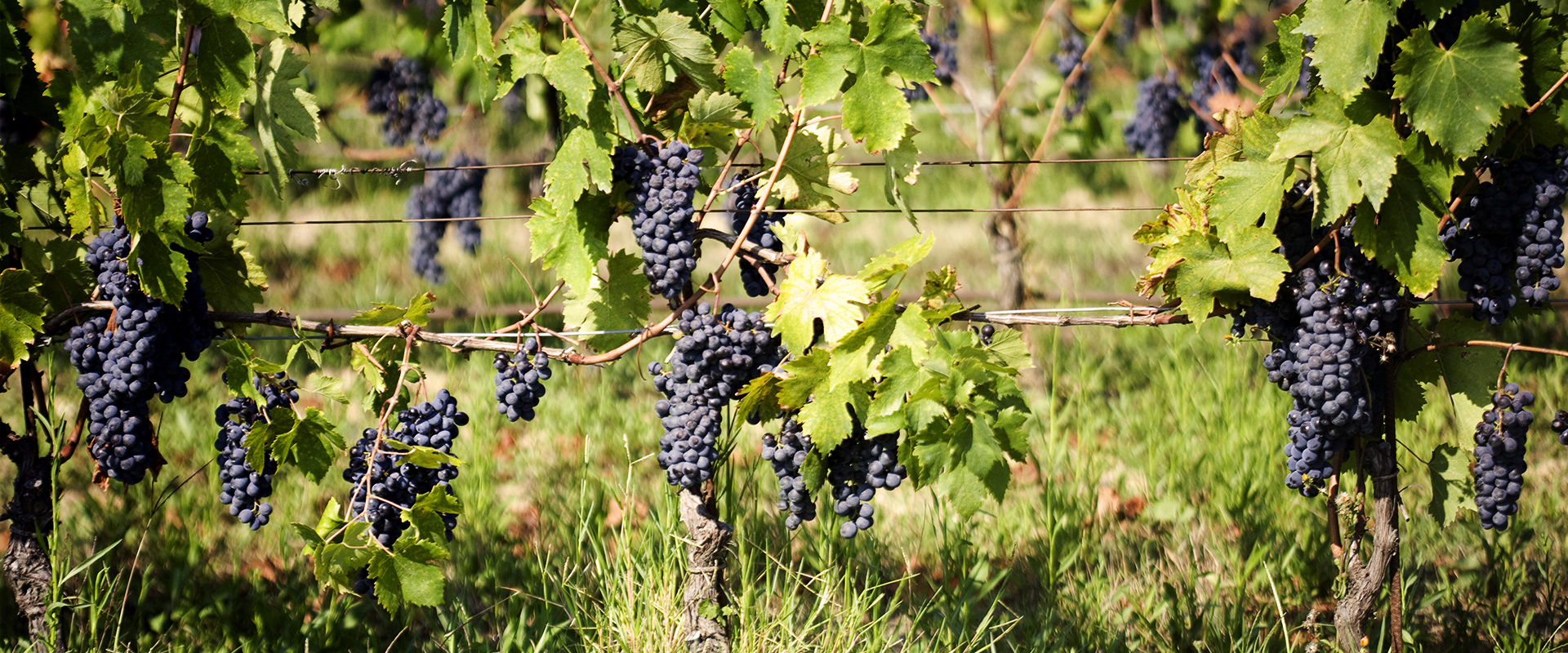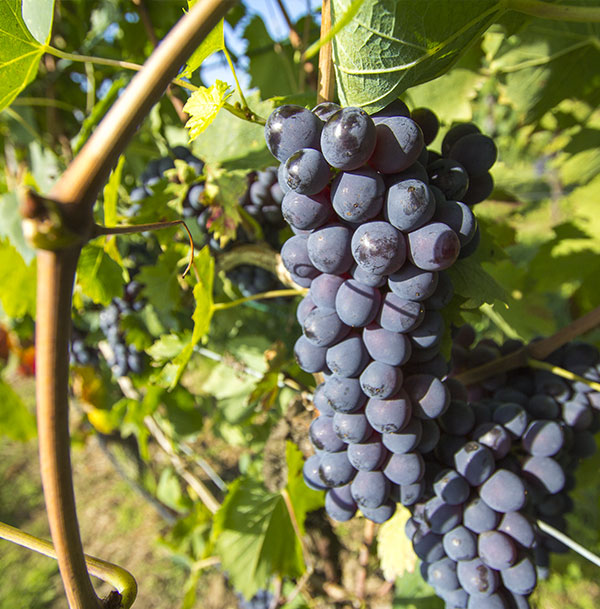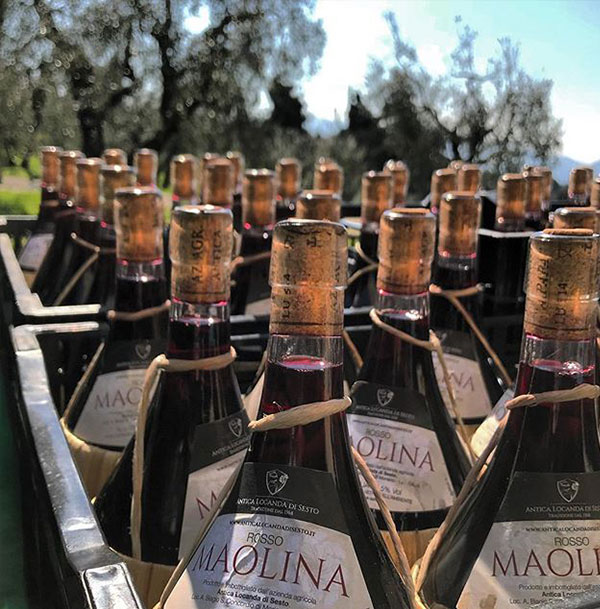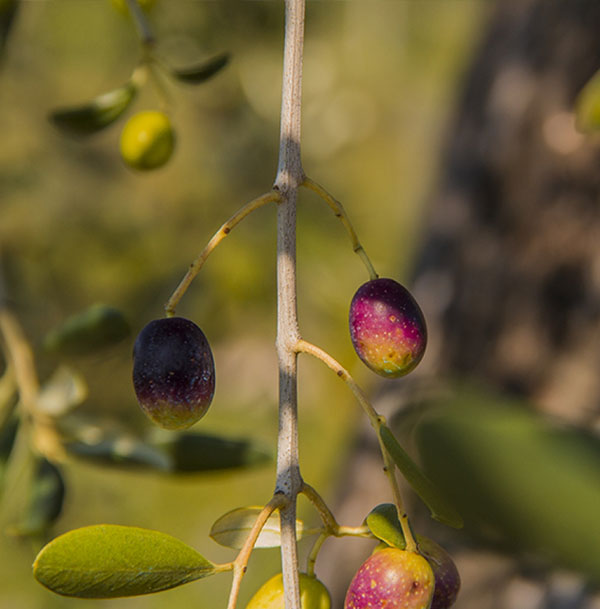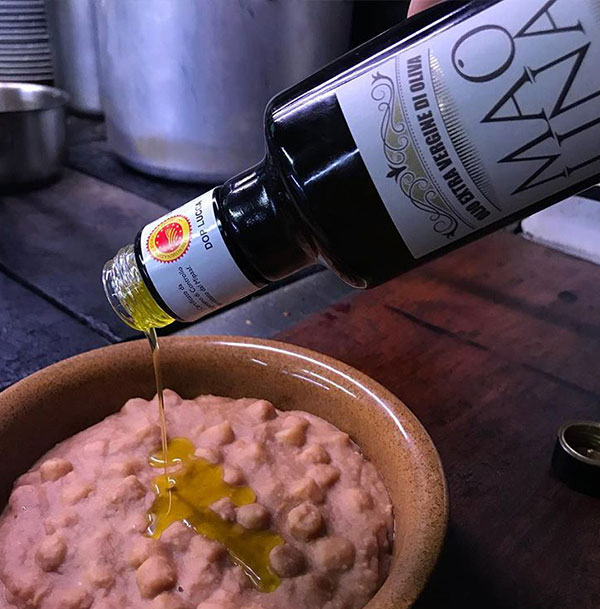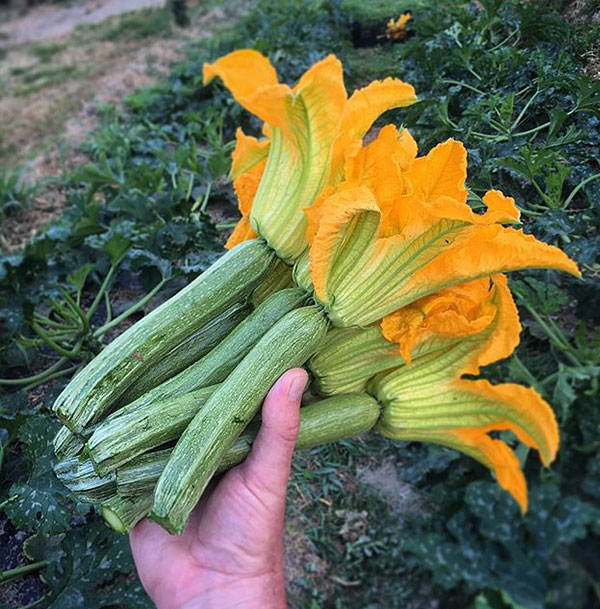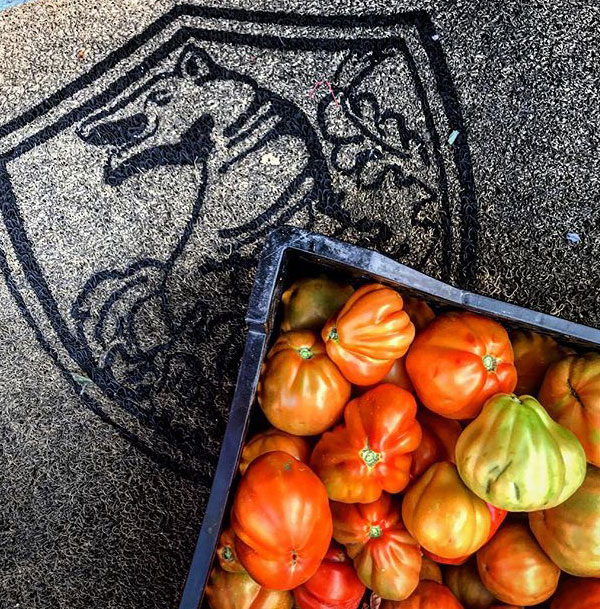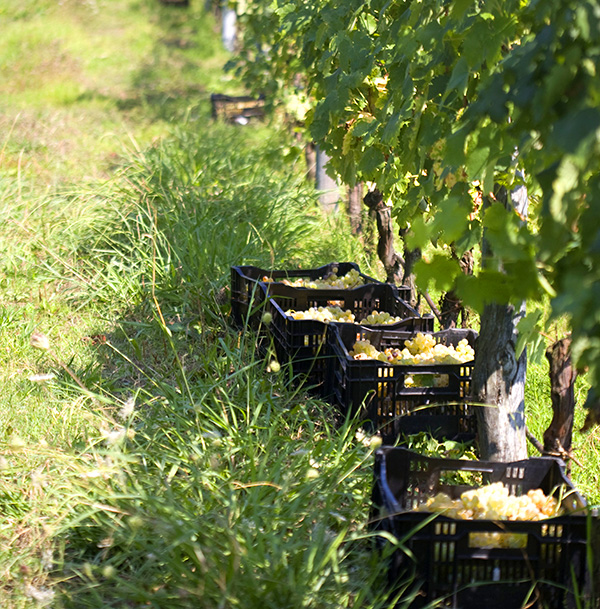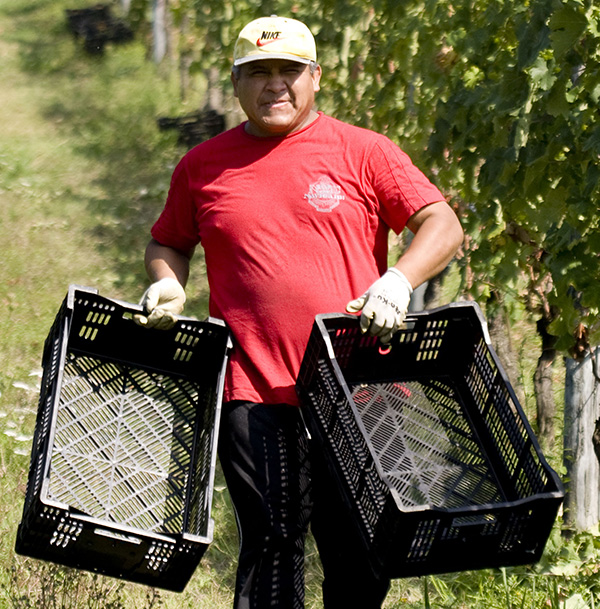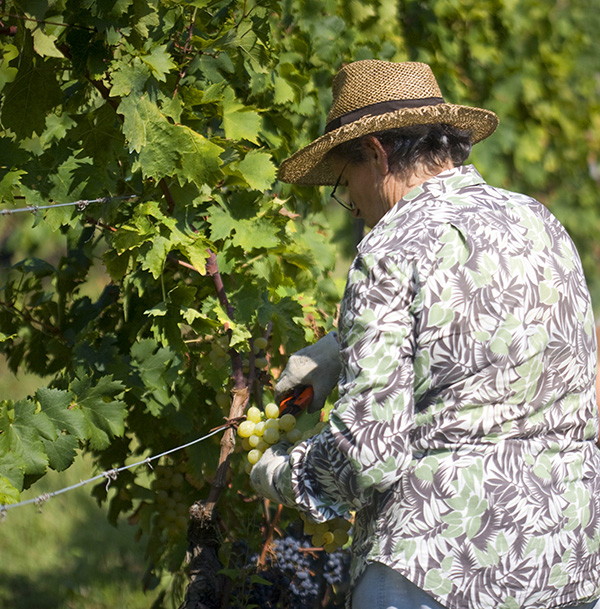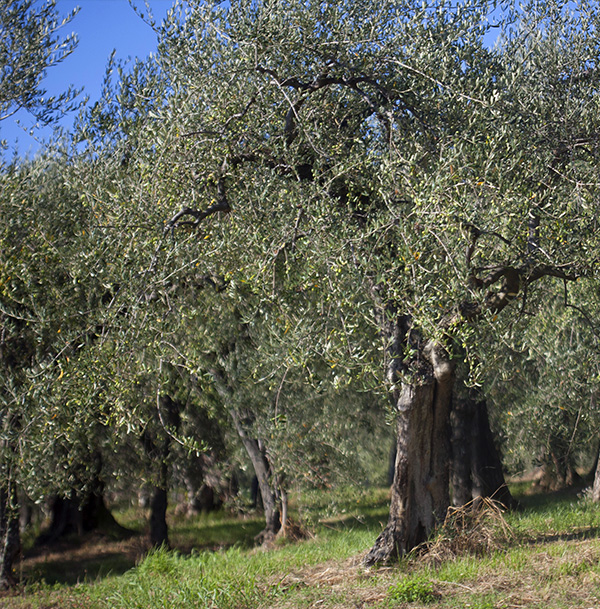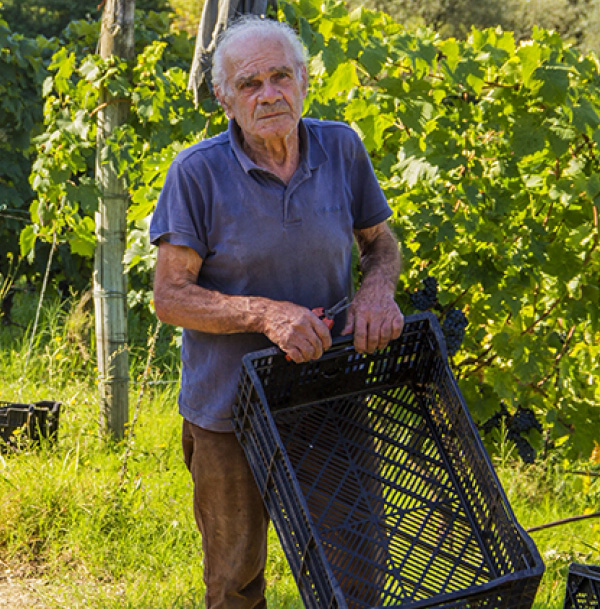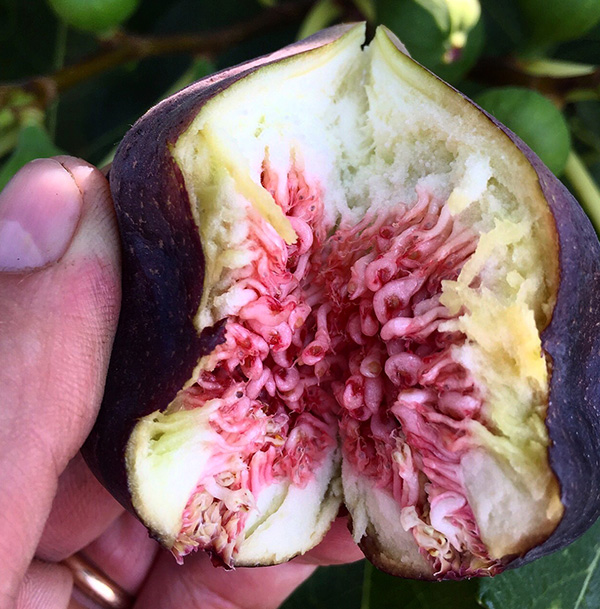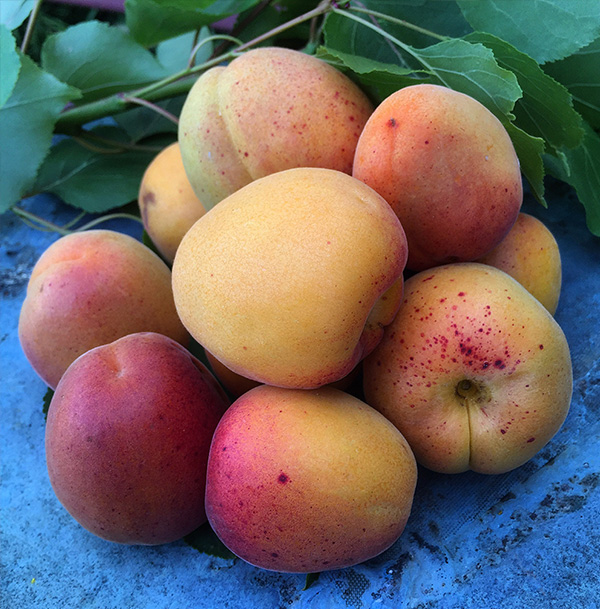LA MAOLINA

1988 is the beginning year of the history of our farm: “La Maolina”. Once again, it all started with passion, a strive to produce our wine, vinegar and oil.
Adriano Barattini, our father, was a cattle trader, and discovered La Maolina while going to buy a milk calf. The previous farmer convinced him to taste his wine, a wine that impressed him so much that he decided to bring it to the tables of the Locanda di Sesto. The beauty and richness of the farm continued to fascinate Adriano, who aware of the priceless value of that land, began a negotiation to buy the farm.
The entrepreneurial foresight shown by Adriano, today make our vineyards and olive groves our most precious heritage, offering us the possibility of getting controlled and genuine products from nature, essential for enhancing the flavors and the traditional dishes prepared by the cuisine of the Antica Locanda di Sesto.
In 2015 we started the difficult process of conversion to the organic method which was completed in 2018. We chose to enhance the territory and move to a more environmentally friendly system, without forgetting the tradition, but with the aim of obtaining products of superlative quality. Each phase of the production process is personally followed by our family. Everything follows the rhythms of the seasons and the Tuscan peasant tradition.
Particular attention has always been paid to our extra virgin olive oil, which in addition to being organic, has also obtained the Lucca DOP recognition. The production area of Lucca DOP extra virgin olive oil has ancient origins (documented as early as the 8th century), and follows a very complex procedure: olives must be harvested directly from the plant, preferably by hand and without consider the olives that have fallen to the ground. The harvest must be completed by December 31 of each year and the olives must be transported to the mill to allow the perfect preservation of the fruit until milling, which must take place within two days.
Everything therefore continues to follow the rhythms of the seasons and the Tuscan peasant tradition.


